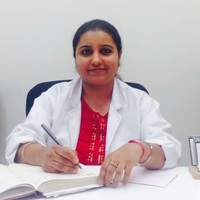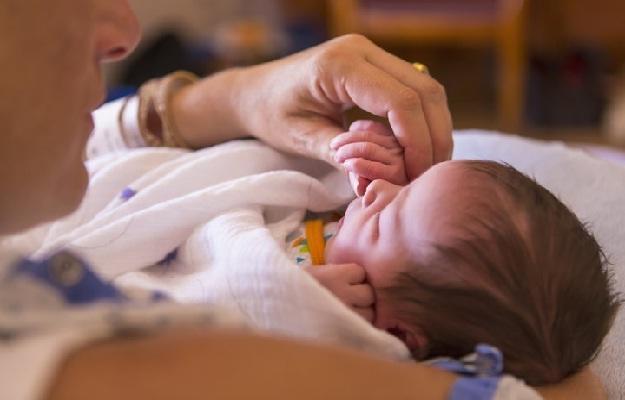Congratulations on becoming a mother and bringing home your little bundle of joy! One of the first things that you’ll be introduced to when you become a mother is breastfeeding. The World Health Organization (WHO) recommends that all babies should be exclusively breastfed during the first six months of their life, as there are many benefits of breastfeeding - both for the mother and the child.
Now you might have a number of questions about what you should eat during this phase, as your diet is crucial for regaining your strength after pregnancy and delivery and for breastfeeding. For example, you might want to know how what you are eating affects your breast milk and how to increase your breast milk production. You might also want to know if you should avoid any foods while you’re breastfeeding.
The first thing you need to understand about breastfeeding is that it’s a natural process. And the earlier you start breastfeeding, the more milk you will be able to produce - unless you have a health issue that interferes with breastfeeding and lactation.
Next, you need to know that while there’s no hard-and-fast diet for breastfeeding, there are still a number of foods that you must eat and others that you should avoid. If you eat right, and your fluid intake is also proper, you will be able to maintain good health for yourself and your baby too. A lot of new mothers are worried about shedding their pregnancy weight, and might want to eat less.
While wanting to lose weight is perfectly normal, you should not deprive yourself of vital nutrients, because that will affect your health as well as that of your baby. Further, it’s normal for new mothers to be prescribed a few supplements to get adequate vitamins and minerals in the body. Read on to find out everything you need to know about your diet while you’re breastfeeding.
















































